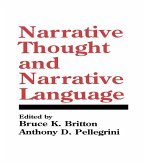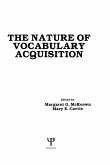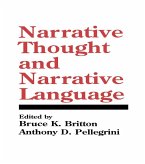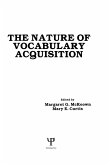In an attempt to fill the gap left by the many published studies on classroom second language research, this book explores a variety of human, social, and political issues involved in the carrying out of such studies. Many journals are chock-full of the results of classroom research, with evidence to support one claim or another about the efficacy of one teaching method or another. Many textbooks are replete with statistical procedures to be used, and with experimental designs to fit varying situations. Too often overlooked in these treatments are the human, social, and political issues involved in carrying out research in classrooms that are not one's own. What are the problems going to be when one attempts work such as this? What does one do on discovering that an administrator's agenda is different than one had thought? What does one do when a teacher resents intrusions into her classroom? This book offers a view on those kinds of issues, as presented and managed by successful classroom researchers themselves.
The authors present their own experiences including, on occasion, their trials and tribulations and how they dealt with them. They lay themselves open to criticism in doing so, but they make their contributions much the richer as well. The classroom contexts extend to different countries, and range from elementary schools to universities. Some of the issues presented are:
* the necessarily collaborative nature of the research;
* the question of meshing pedagogically sound and experimentally acceptable practices;
* the often strong possibility that political and social decisions will interrupt the research;
* the perennial question of reporting out the results; and
* the training of graduate student researchers.
Dieser Download kann aus rechtlichen Gründen nur mit Rechnungsadresse in A, B, BG, CY, CZ, D, DK, EW, E, FIN, F, GR, HR, H, IRL, I, LT, L, LR, M, NL, PL, P, R, S, SLO, SK ausgeliefert werden.









